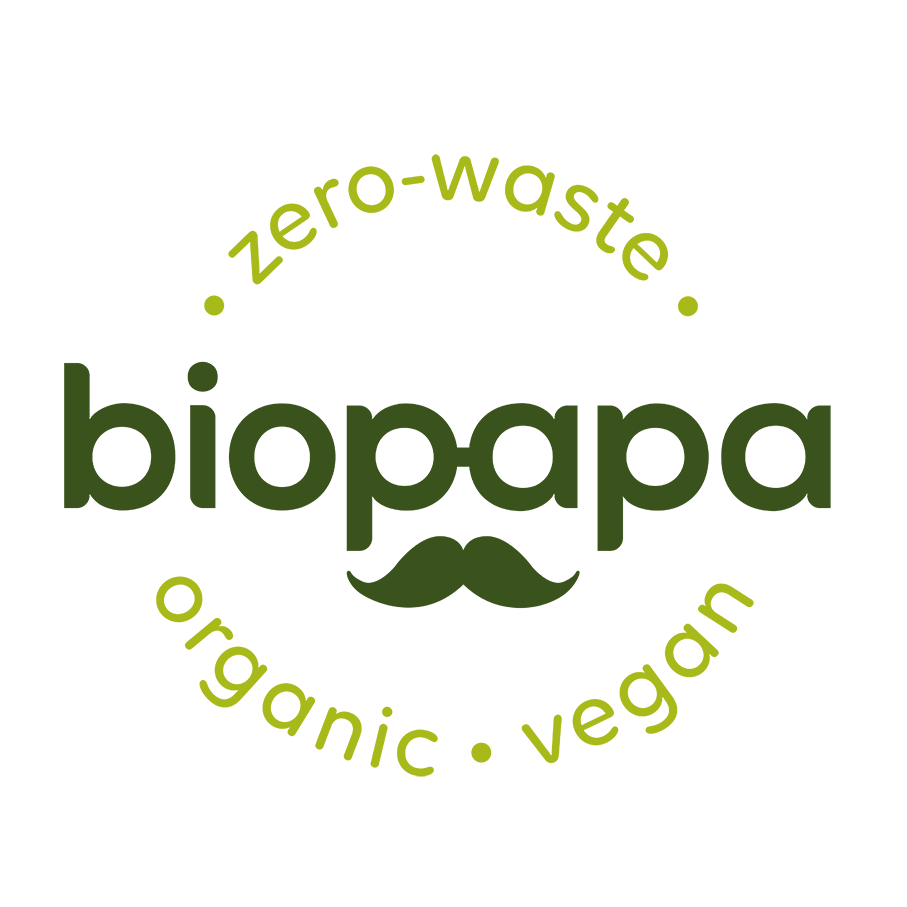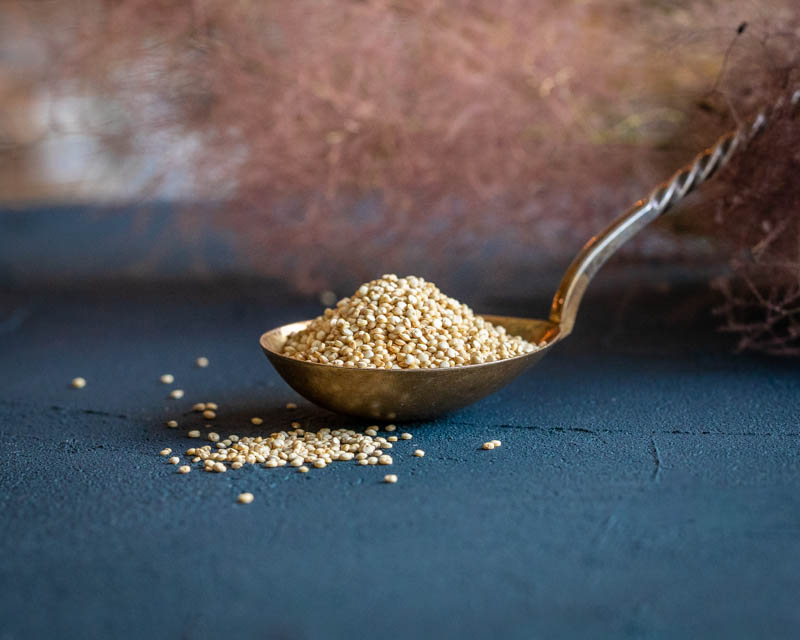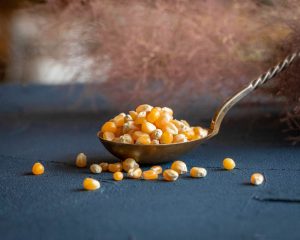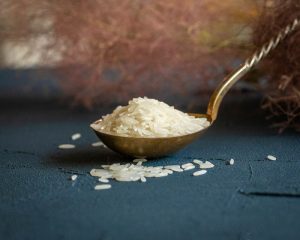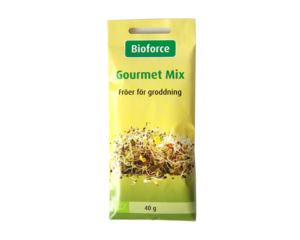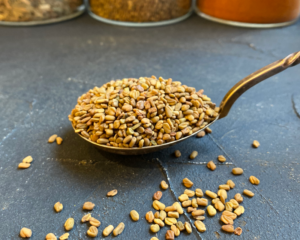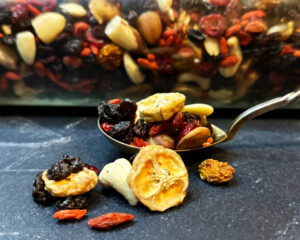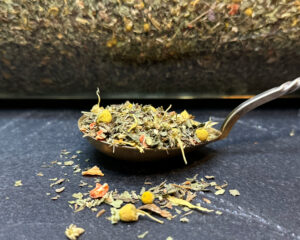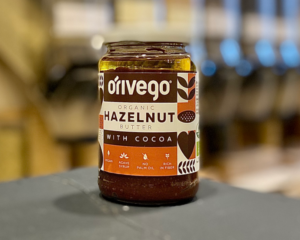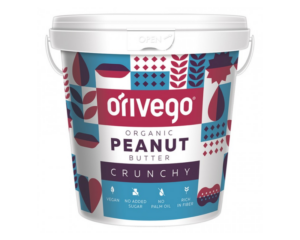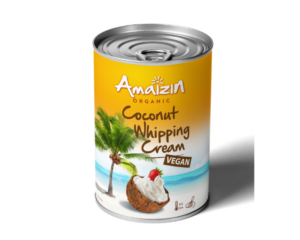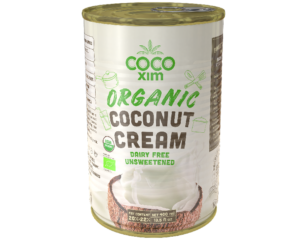Organic Quinoa
From 1.15€
Organic Quinoa
Quinoa (Chenopodium quinoa) is a hardy plant native to the Andean highlands of South America, such as Peru, Bolivia and Ecuador. The quinoa, which the Incas call the “mother crop”, has been cultivated for over 5000 years. Today it is considered a ‘superfood’ all over the world.
Traditional use of cinema:
Quinoa was an important source of food, providing essential nutrients and energy for people living in the mountains. Because of its high protein content and good adaptability, it is often considered superior to other cereals. The cinema had spiritual significance and was used by the local indigenous people for various religious ceremonies. Kinoate has sometimes been used in traditional medicine to treat ailments such as stomach and skin diseases.
Recently, quinoa has become popular all over the world. A gluten-free alternative – quinoa is naturally gluten-free, making it a safe choice for those with celiac disease or gluten sensitivity. Digestibility – Quinoa is thought to be easier to digest, making it an excellent choice for those with sensitive digestive systems.
Nutrients:
1. Protein – Quinoa is a protein source, which means it contains all nine essential amino acids. In particular, kinoas are high in lysine, an amino acid often scarce in other plant foods.
2. Fibre – is a good source of fibre, which supports digestion and helps regulate blood sugar.
3. Magnesium – This mineral is essential for many body functions, including muscle and nerve function, blood sugar regulation and bone health.
4. Manganese – plays a role in bone formation, blood clotting and metabolic processes.
5. Phosphorus – vital for the formation and maintenance of healthy bones and teeth and for energy production.
6. Iron – Quinoa contains iron, which is less absorbable than iron from animal sources, but is still an essential mineral for carrying oxygen in the blood.
7. Folate (vitamin B9) – essential for DNA synthesis, red blood cell formation and proper fetal development during pregnancy.
8. Riboflavin (vitamin B2) – involved in energy metabolism and helps maintain healthy skin, eye and nerve function.
9. Vitamin B6 – required for brain development and function, as well as for the production of neurotransmitters and red blood cells.
10. Vitamin E – This antioxidant vitamin helps protect cells from free radical damage and supports immune function.
11. Thiamine (vitamin B1) – thiamine is essential for converting food into energy and maintaining proper nerve function.
12. Vitamin B3 (niacin) – plays a role in DNA repair and cell metabolism.
13. Zinc – involved in immune function and wound healing.
14. Copper – essential for healthy bones and nerves, as well as collagen and red blood cell formation.
15. Potassium – helps regulate blood pressure, fluid balance and muscle and nerve function.
16. Selenium – Acts as an antioxidant that helps protect cells from oxidative damage.
Attention! Saponins – quinoa seeds naturally contain bitter-tasting saponins, which can be removed by washing before cooking. Oxalates – Quinoa contains oxalates, which, if consumed frequently, may contribute to the formation of kidney stones in highly susceptible individuals.
Recipes for cinema:
Quinoa salad: mix chilled, cooked quinoa cubes or flakes with cooked or canned beans, pumpkin seeds, shallots and coriander. Sprinkle your favourite spices and herbs on the salad.
Morning porridge: season cooked chickpeas or puffed -flakes with nuts and dried fruit and serve for breakfast.
Soups with quinoa: use quinoa in your favourite vegetable or cereal soups. Substitute it for plain rice or barley groats.
Sources: www.healthline.com, www.medicalnewstoday.com
NB! The information provided here should not be interpreted as a recommendation for treatment or other types of health problems. We encourage you to make personal health decisions after evaluating different sources of information.
100% white organic quinoa
Energy value 1599 kJ / 378 kcal
Fats 5 g
- of which saturated fatty acids 0 g
Carbohydrates 66,7 g
- of which sugars 6,7 g
Fibre 6,7 g
Protein 13,3 g
Salt 0 g
Store in a cool, dry place. Recommended storage temperature 15°C to 32°C.
